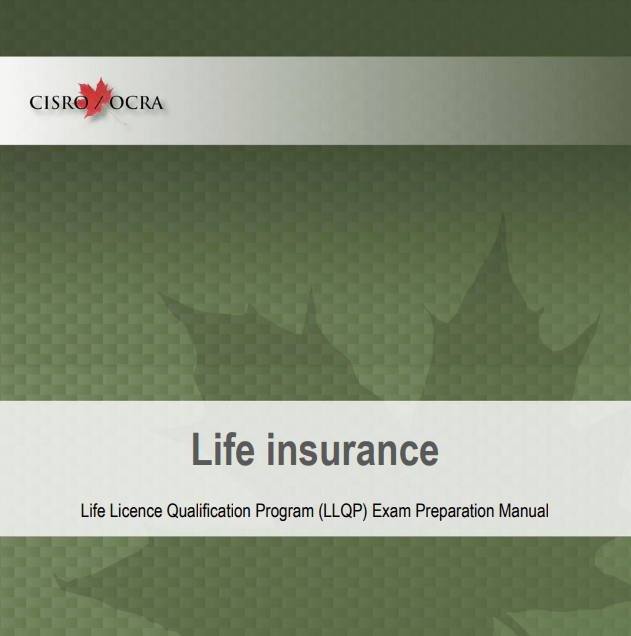
What is a Permitted Client?
For the purposes of Non-Qualified Syndicated Mortgages (NQSMI), a the definition of a Permitted Client is defined in Regulation 188/08, which refers to National Instrument 31-103, Registration Requirements, Part 1 – Definitions. Please note this information is for educational purposes only; please consult a lawyer for legal advice.
“permitted client” means1
(a) A Canadian financial institution or a Schedule III bank;
(b) The Business Development Bank of Canada incorporated under the Business Development Bank of Canada Act (Canada);
(c) A subsidiary of any person or company referred to in paragraph (a) or (b), if the person or company owns all of the voting securities of the subsidiary, except the voting securities required by law to be owned by directors of the subsidiary;
(d) A person or company registered under the securities legislation of a jurisdiction of Canada as an adviser or dealer, other than a scholarship
plan dealer or a restricted dealer;
(e) A pension fund that is regulated by either the federal Office of the Superintendent of Financial Institutions or a pension commission or similar regulatory authority of a jurisdiction of Canada;
(f) An entity organized in a foreign jurisdiction that is analogous to any of the entities referred to in paragraphs (a) to (e);
(g) The Government of Canada or a jurisdiction of Canada, or any crown corporation, agency or wholly-owned entity of the Government of Canada or a jurisdiction of Canada;
(h) A municipality, public board or commission in Canada and a metropolitan community, school board, the Comité de gestion de la taxe scolaire de l’île de Montréal or an intermunicipal management board in Québec;
(i) A trust company or trust corporation registered or authorized to carry on business under the Trust and Loan Companies Act (Canada) or under comparable legislation in a jurisdiction of Canada or a foreign jurisdiction, acting on behalf of a fully-managed account managed by the trust company or trust corporation, as the case may be;
(j) A person or company acting on behalf of a fully-managed account managed by the person or company, if the person or company is registered or authorized to carry on business as an adviser or the equivalent under the securities legislation of a jurisdiction of Canada or a foreign jurisdiction;
(k) An investment fund that is advised by a person or company registered as an portfolio manager under the securities legislation of a jurisdiction of Canada;
(l) A registered charity under the Income Tax Act (Canada) that obtains advice on the securities to be traded from an eligibility adviser, as defined in National Instrument 45-106 Prospectus and Registration Exemptions, or an adviser registered under the securities legislation of the jurisdiction of the registered charity;
(m) An individual who beneficially owns, directly or indirectly, financial assets, as defined in National Instrument 45-106 Prospectus and Registration Exemptions, having an aggregate realizable value that, before taxes but net of any related liabilities, exceeds $5 million or its equivalent in another currency as certified by the individual;
(n) A person or company that is entirely owned, legally and beneficially, by an individual or individuals referred to in paragraph (m), who hold its or their ownership interest in the person or company directly or through a trust the trustee of which is a trust company referred to in paragraph (i); or
(o) A corporation that has shareholders’ equity of at least $100 million on a consolidated basis or its equivalent in another currency;
What is a Non-Individual Permitted Client?
FSRA’ s Interpretation of Non-Individual Permitted Clients typically includes, for example, financial institutions, regulated pension plans, governments or government agencies, dealers or advisers registered under the securities regime and high-net-worth companies (net assets of at least $25 million). Non-Individual Permitted Clients may be Mortgage Investment Vehicles (MIEs) whose: (a) units are sold only to Permitted Clients investors; and, (b) units’ distribution is regulated under another regulatory regime such as the Securities Act.2
I hope you f
Cheers,
Joe White,
President, Real Estate and Mortgage Institute of Canada Inc.
[1] OSC, https://www.osc.ca/en/securities-law/instruments-rules-policies/3/31-103
[2] FSRA, https://www.fsrao.ca/media/2851/download











